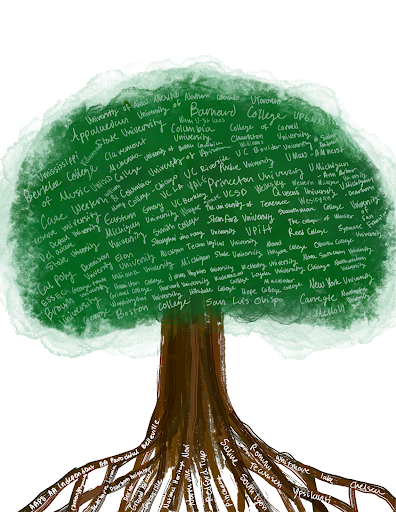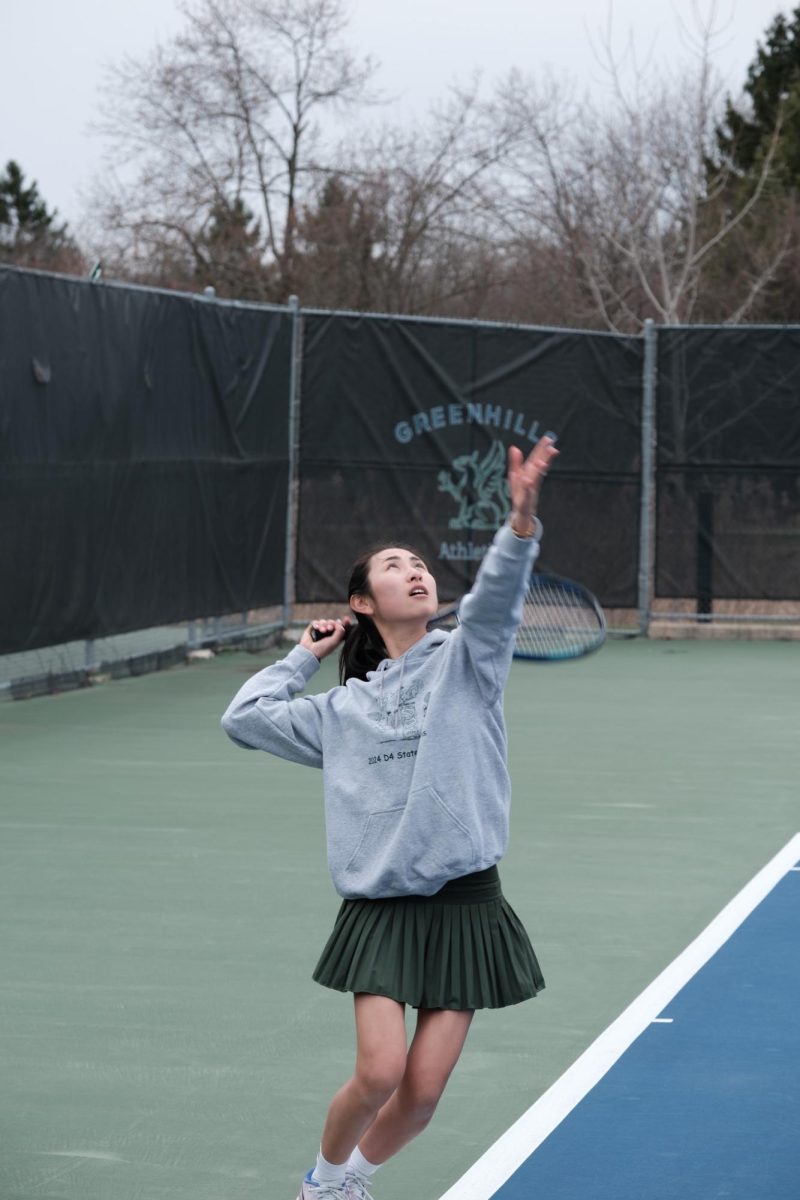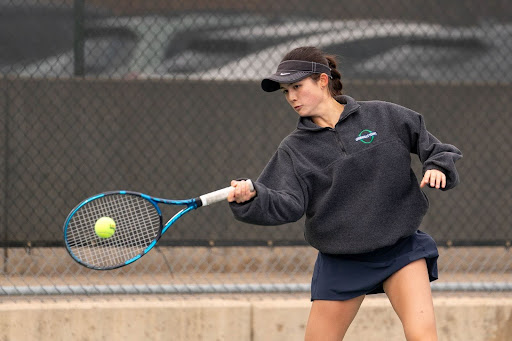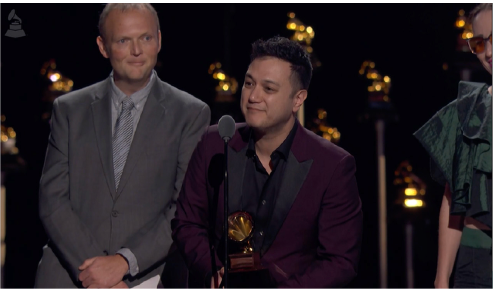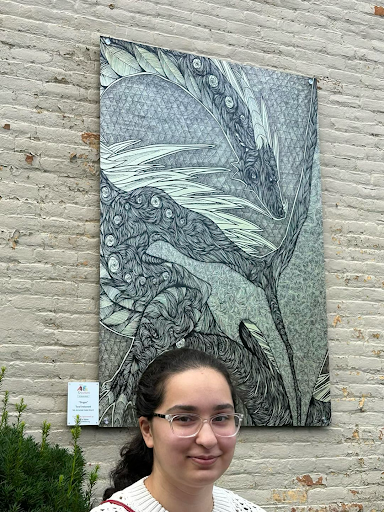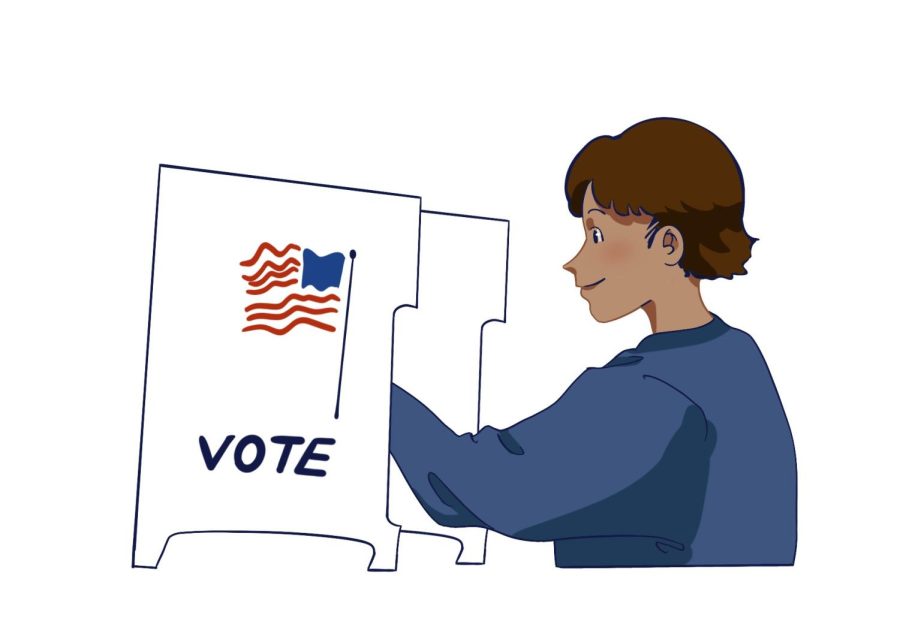Editors urge end to performative activism, encouraging physical service and engagement
November 10, 2022
Exactly two years ago today, the country witnessed President Joe Biden and former President Donald Trump go neck and neck in the highly contested 2020 presidential election. Though the election had the highest voter turnout of the still young 21st century, the percentage remained to be the lowest among those ages 18 to 24. On media platforms, Gen Zs are seemingly at the forefront of social advocacy.
As society conflates likes with value, most young people turn to social media to both consume and produce political content. Surely, online activism raises awareness, but it lacks the strength to generate systematic change in real life. Performative activism only gives people the feeling that they are actively contributing to a cause. The superficial participation glosses over the real, underlying issues and turns them into passing trends. These surface-level acts are done to increase one’s social capital, rather than to truly help a cause. Take, for example, Blackout Tuesday. On June 2, 2020, 28 million users posted a small, black square on Instagram in solidarity with Black victims of police brutality. And yet, only 13 million had signed the petition to arrest the police officers that killed George Floyd. Given the fact that nearly all petitions fail to go anywhere beyond creating a long list of signatures, the practical effect of online activism is minimal.
Between gun violence, skyrocketing price levels and racial unrest throughout the United States, it is crucial that young adults like us engage civically and stay politically informed in the upcoming midterm elections. This fall, if you are able and eligible to vote, there is no reason not to. Young people have the greatest stake in the decades ahead, but we can only sway those decisions if we register and show up to vote. As opposed to inefficiently and relentlessly posting and reposting on social media, casting ballots is a notion of using one’s voice to fight for America’s faltering democracy.
While presidential elections dictate the political climate of our entire country, local elections are just as important. Counterintuitively, they have the most effect on citizens’ daily life. For instance, voting for school board members affects policies, curriculum, and budgets of students in K-12 schools – these are siblings, sons and daughters, and families of our community. Voting for district and city attorneys could help reform the criminal justice system, address inequities in sentencing, and advocate for changes to bash bail standards. Regardless of the position, political participation allows your voice to be heard over the issues that matter the most to you, whether it is access to health care, abortion, immigration services, or tax policies. Many movements that help create federal legislation have their roots in local communities; every law starts with a small concept and idea.
It is easy to disregard social problems, to disengage in politics, but it often comes from a point of privilege. Even if these pressing issues do not directly affect your day-to-day outings, they influence friends, families, and strangers.
In the past decade, the United States has broken into an extended period of political polarization. Now, more than ever, it is incumbent upon us as future leaders to engage in civil discourse with others, to amplify the issues of marginalized groups, and to fulfill civic responsibilities like voting, donating, and volunteering. Go connect with local and state representatives. Communicate your concerns to public officials. Work at a polling station. Intern with campaigns. Assist people in registering to vote. Have political discourse with those from the opposite side. All of these are alternative forms of political participation to simply double-tapping and retweeting. While social media does serve a role in facilitating and implementing social progress, the current divided political landscape in our country calls for more. It takes one second to retweet a hashtag, a minute to post a black square, but the world cannot be changed with simply one million likes. Real change requires real effort, and it takes real-time. Months, years, even decades, but you can start right now. Your participation matters, so this time, let’s fulfill the school’s call to service with getting out the vote. Let’s put down our phones and get to work.



